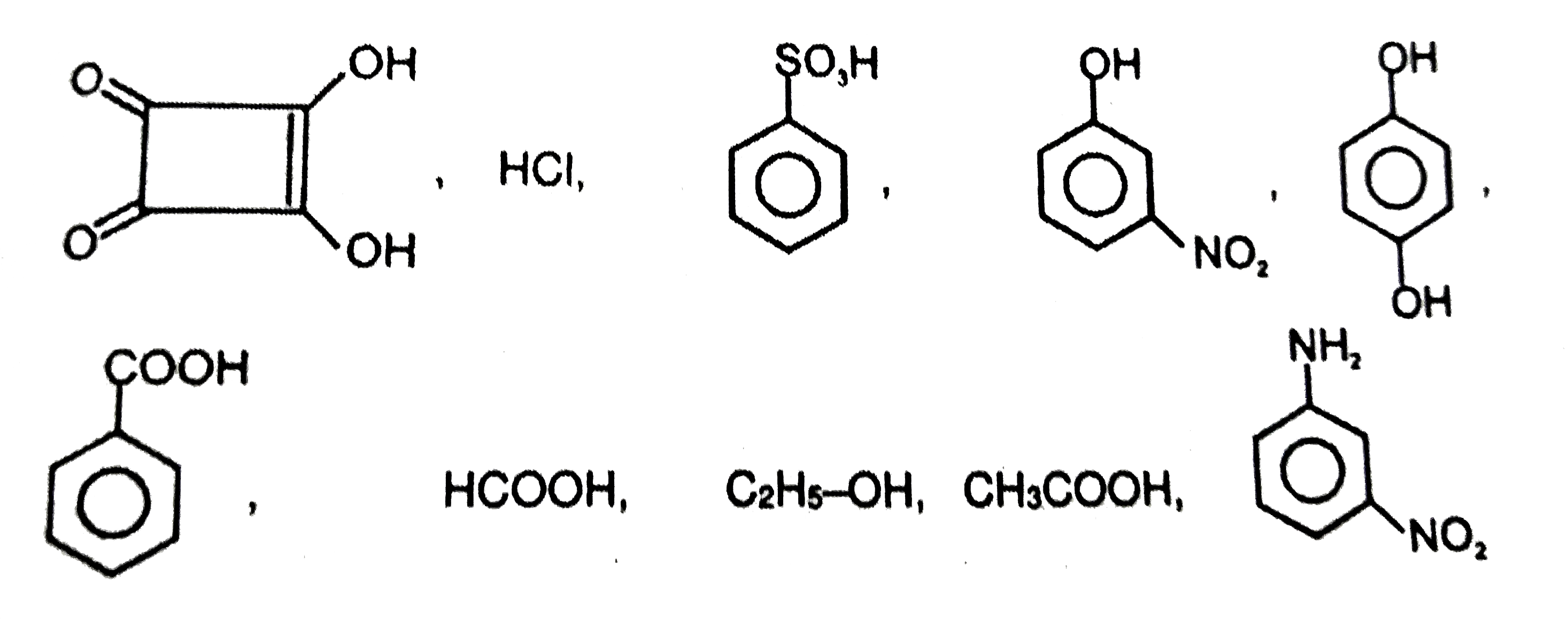How many amongst the following carbides do not give methane on hydrolysis CaC2,Mg2C3,Be2C.
To determine how many of the given carbides do not produce methane upon hydrolysis, we will analyze each carbide one by one.
Step 1: Analyze Calcium Carbide (CaC₂)
- When calcium carbide (CaC₂) reacts with water, the reaction is as follows:
CaC2+2H2O→C2H2+Ca(OH)2
- The product formed is acetylene (C₂H₂), not methane (CH₄). Therefore, calcium carbide does not give methane on hydrolysis.
Step 2: Analyze Magnesium Carbide (Mg₂C₃)
- For magnesium carbide (Mg₂C₃), the reaction with water is:
Mg2C3+4H2O→3C2H2+2Mg(OH)2
- Here, the product is propyne (C₃H₄), which is also not methane. Thus, magnesium carbide does not yield methane upon hydrolysis.
Step 3: Analyze Beryllium Carbide (Be₂C)
- When beryllium carbide (Be₂C) reacts with water, the reaction is:
Be2C+4H2O→2CH4+2Be(OH)2
- In this case, methane (CH₄) is produced. Therefore, beryllium carbide does give methane on hydrolysis.
Conclusion
- From the analysis:
- Calcium carbide (CaC₂) does not give methane.
- Magnesium carbide (Mg₂C₃) does not give methane.
- Beryllium carbide (Be₂C) does give methane.
Thus, the carbides that do not give methane on hydrolysis are 2: CaC₂ and Mg₂C₃.
Final Answer
2 carbides do not give methane on hydrolysis.
---
- When calcium carbide (CaC₂) reacts with water, the reaction is as follows:
CaC2+2H2O→C2H2+Ca(OH)2
- The product formed is acetylene (C₂H₂), not methane (CH₄). Therefore, calcium carbide does not give methane on hydrolysis.
- For magnesium carbide (Mg₂C₃), the reaction with water is:
Mg2C3+4H2O→3C2H2+2Mg(OH)2
- Here, the product is propyne (C₃H₄), which is also not methane. Thus, magnesium carbide does not yield methane upon hydrolysis.
- When beryllium carbide (Be₂C) reacts with water, the reaction is:
Be2C+4H2O→2CH4+2Be(OH)2
- In this case, methane (CH₄) is produced. Therefore, beryllium carbide does give methane on hydrolysis.
- From the analysis:
- Calcium carbide (CaC₂) does not give methane.
- Magnesium carbide (Mg₂C₃) does not give methane.
- Beryllium carbide (Be₂C) does give methane.
2 carbides do not give methane on hydrolysis.
Topper's Solved these Questions
- 13-14 HYDROGEN & S-BLOCK ELEMENTBOOK - VMC MODULES ENGLISHCHAPTER - 13-14 HYDROGEN & S-BLOCK ELEMENTEXERCISE - JEE Main Archive
64 Videos
- 13-14 HYDROGEN & S-BLOCK ELEMENTBOOK - VMC MODULES ENGLISHCHAPTER - 13-14 HYDROGEN & S-BLOCK ELEMENTEXERCISE - JEE Advanced Archive
48 Videos
- 13-14 HYDROGEN & S-BLOCK ELEMENTBOOK - VMC MODULES ENGLISHCHAPTER - 13-14 HYDROGEN & S-BLOCK ELEMENTEXERCISE - Level 2
48 Videos
- ALCOHOLS, PHENOLS & ETHERS BOOK - VMC MODULES ENGLISHCHAPTER - ALCOHOLS, PHENOLS & ETHERS EXERCISE - IN-CHAPTER EXERCISE - L
10 Videos
Similar Questions
Which of the following is obtained on hydrolysis of Mg2C3 ?
View SolutionTo which category the following carbides belong ?
CaC2
View SolutionBe2C on hydrolysis yields
View SolutionHow many of the following compounds give CO2 on reaction with NaHCO3

View SolutionWhich of the following are partial hydrolysis gives XeOF2.
View SolutionTo which category the following carbides belong ?
Al4C3
View SolutionWhich of the following gives H2O2 on hydrolysis ?
View SolutionWhich amongst the following are organometalic componds :-
(i)Al2(CH3)6(ii)K[PtCl3(C2H2)](iii)N(CH3)3
View SolutionWhich of the following is a formula of methanides:
(a) Be2C
(b) CaC2
(c) Mg2C3
(d) Al4C3
View SolutionPolythene can be produced from calcium carbide according to the following sequence of reactions.
CaC2+2H2O→Ca(OH)2+C2H2,C2H2+H2→C2H4,nC2H4→(C2H4)n
The mass of polythene which can be produced from 20.0 kg of CaC2 is :
View Solution
